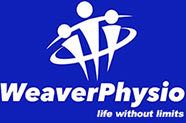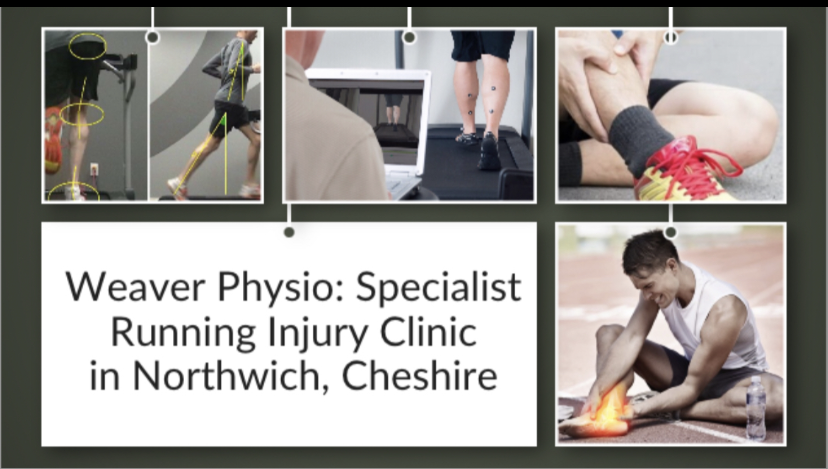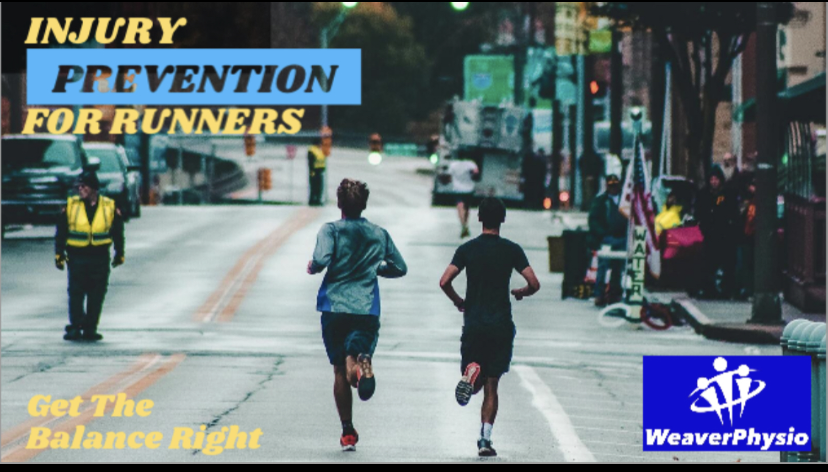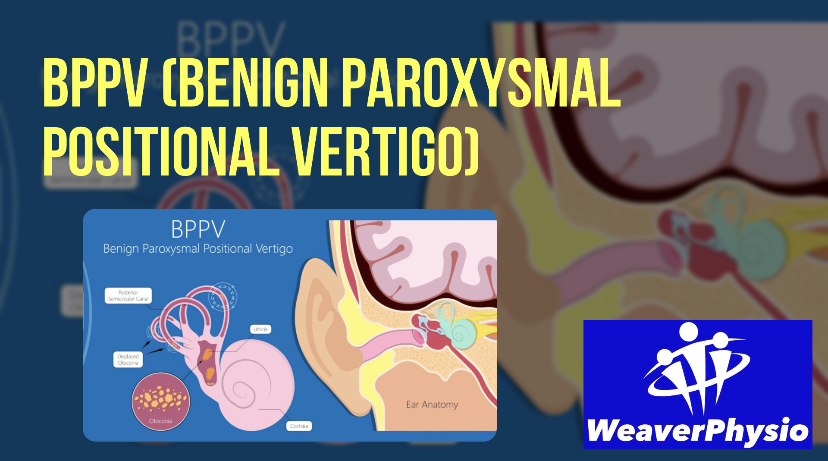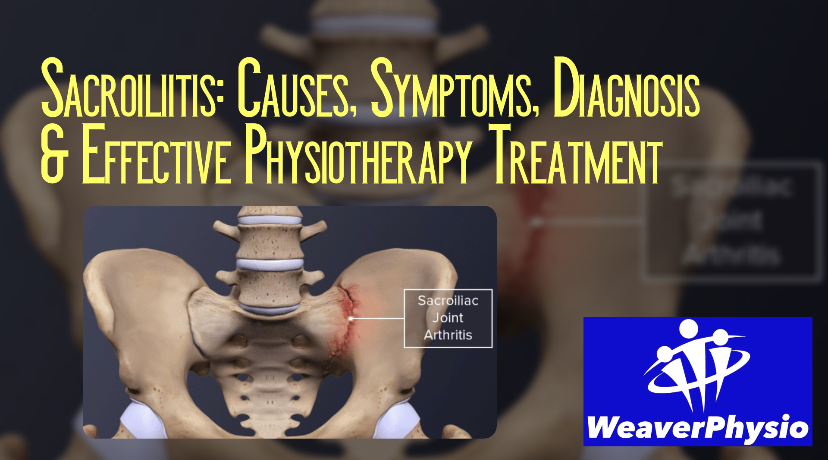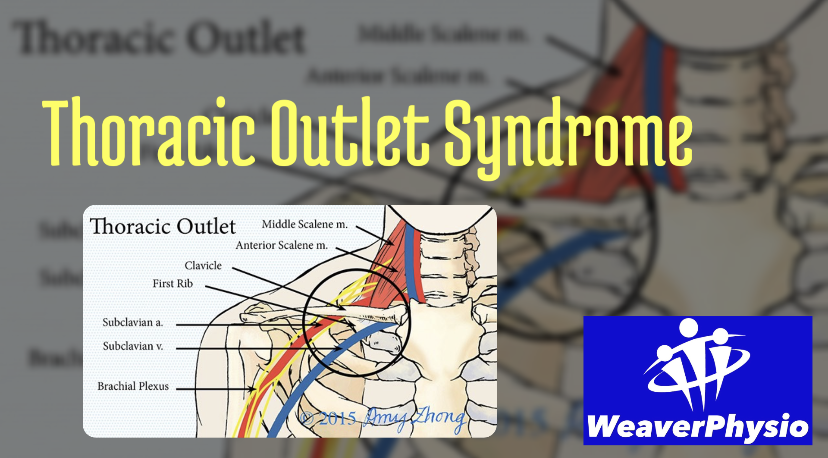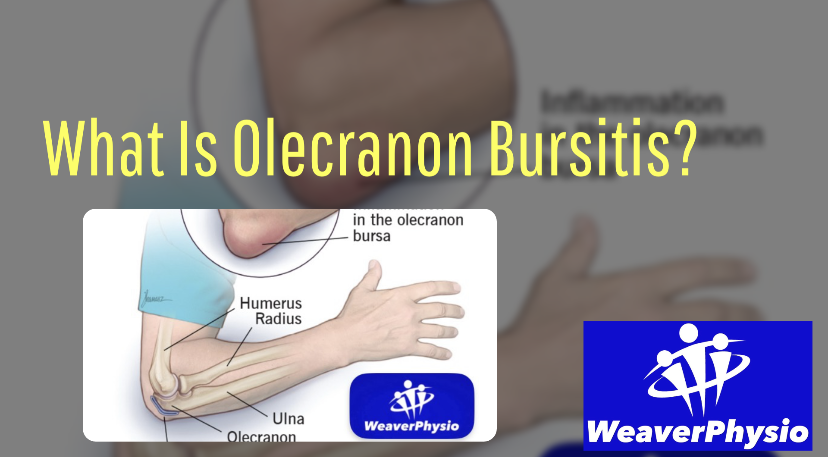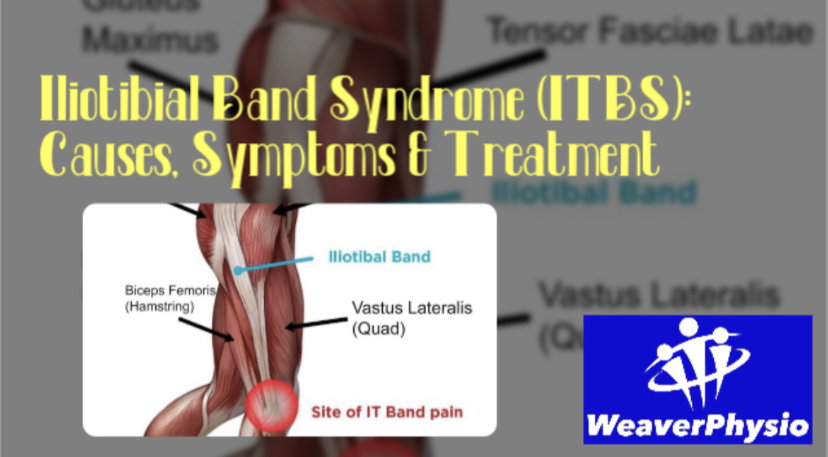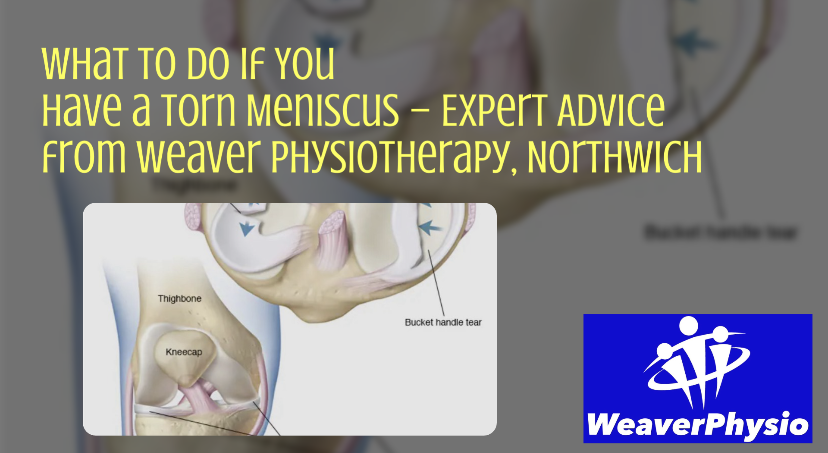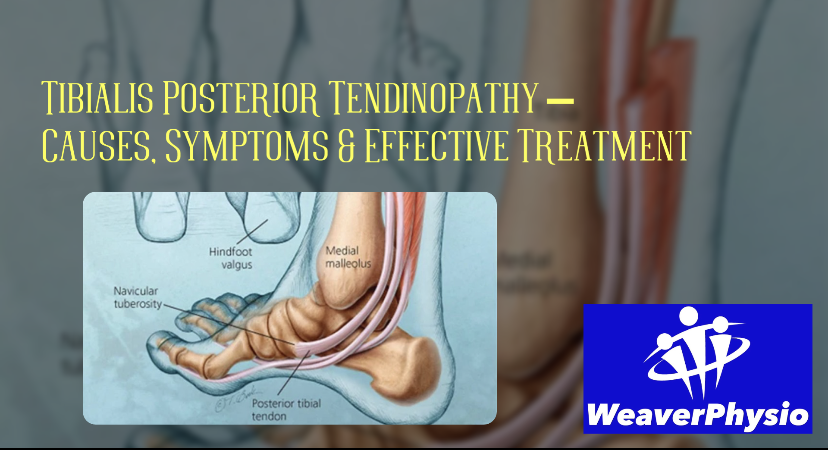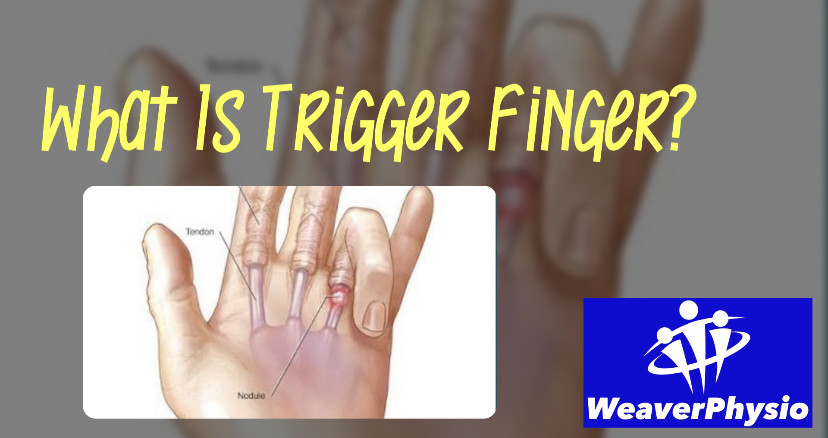Sports & Deep Tissue Massage Benefits for Office Workers in Northwich
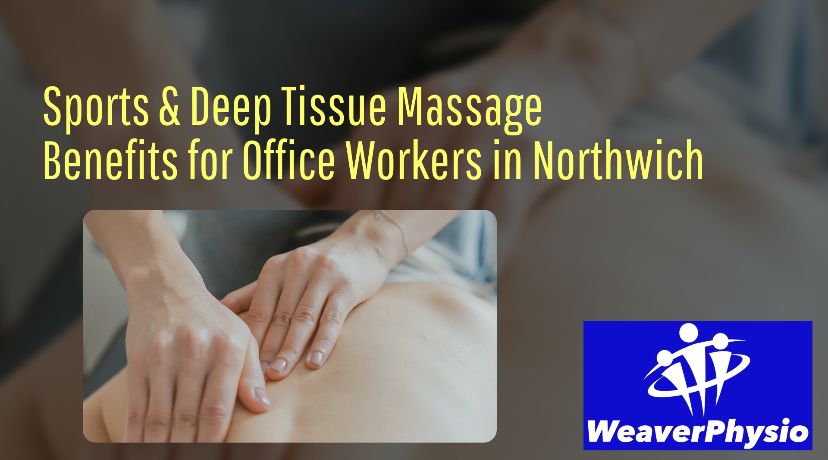
Modern office life may look physically easy from the outside, but anyone who spends hours sitting at a desk, staring at screens, and dealing with constant deadlines knows the toll it takes on the body. Stiff shoulders, tight backs, tension headaches, and sore hips are common complaints among office professionals in Northwich. That’s where sports massage and deep tissue massage come in — not just for athletes, but for anyone who wants to ease muscle tension, reduce stress, and restore mobility.
At Weaver Physiotherapy & Sports Injury Clinic in Northwich, we specialise in delivering evidence-based massage therapies that support both performance and everyday wellbeing. Whether you’re an athlete or an office worker spending long hours at a desk, our skilled therapists tailor treatments to meet your needs.
In this blog, we’ll explore the key benefits of sports and deep tissue massage for office workers and why more people in Northwich are turning to Weaver Physio for professional care.
Why Office Workers Need Massage Therapy
Working at a desk doesn’t sound strenuous, but static postures and repetitive tasks create hidden strain. Office workers often face issues such as:
• Neck and shoulder stiffness from hunching over laptops or monitors.
• Lower back pain caused by prolonged sitting.
• Tight hips and hamstrings due to restricted movement.
• Stress and mental fatigue linked to high workloads and deadlines.
• Poor circulation from sitting still for long periods.
Unlike acute sports injuries, these issues creep up slowly and worsen over time, leading to chronic discomfort, reduced productivity, and even long-term musculoskeletal problems. Massage therapy provides an effective way to counteract these stresses.
What is Sports Massage?
Sports massage is a targeted, hands-on therapy originally designed for athletes, but now widely used by people from all walks of life. It focuses on improving soft tissue health, enhancing circulation, and reducing tension.
For office workers in Northwich, sports massage helps by:
• Loosening tight muscles in the neck, shoulders, and back.
• Improving blood flow to areas affected by poor posture.
• Reducing stiffness in the hips and lower back.
• Restoring flexibility and range of movement.
It’s not just about recovery; sports massage also prevents issues from developing, making it ideal for people who sit for most of the day.
What is Deep Tissue Massage?
Deep tissue massage goes beyond relaxation. It involves firm pressure and slow strokes to target deeper layers of muscle and connective tissue. This technique is especially effective for chronic tension and postural problems common in office workers.
Benefits include:
• Breaking down muscle knots and adhesions.
• Releasing long-term tension in the back, shoulders, and hips.
• Improving posture by addressing muscular imbalances.
• Promoting better circulation and tissue healing.
While it can feel intense, the results are long-lasting and particularly valuable for those with desk-related aches and pains.
Key Benefits of Sports & Deep Tissue Massage for Office Workers
1. Relief from Back and Neck Pain
Office workers often report lower back pain and stiff necks. Massage reduces muscle tension, eases spinal loading, and improves posture — helping you sit, stand, and move more comfortably.
2. Improved Posture and Mobility
Massage lengthens tight muscles and restores balance. For office workers, this can mean fewer rounded shoulders, less hip tightness, and greater freedom of movement.
3. Stress Reduction and Mental Clarity
Massage isn’t just physical; it has psychological benefits too. By reducing stress hormones and promoting relaxation, massage leaves you feeling calmer and more focused, which boosts workplace productivity.
4. Better Circulation and Energy Levels
Sitting for long periods restricts blood flow, causing fatigue and sluggishness. Massage stimulates circulation, bringing fresh oxygen and nutrients to muscles, which helps fight tiredness.
5. Prevention of Long-Term Problems
Regular sports or deep tissue massage sessions act as maintenance, preventing desk-related issues from developing into chronic conditions such as repetitive strain injuries or postural deformities.
Why Office Workers in Northwich Are Choosing Weaver Physio
At Weaver Physiotherapy & Sports Injury Clinic, we’ve seen a growing demand from office professionals in Northwich and surrounding areas such as Knutsford, Winsford, Middlewich, Tarporley, and Frodsham. Many patients come to us after struggling with stiffness or pain from their desk-based jobs.
Here’s why they choose Weaver Physio:
• Experienced therapists – Our team has over 70+ years of combined clinical experience.
• Tailored treatments – Every massage is adapted to your symptoms, posture, and lifestyle.
• Evidence-based care – We combine sports massage, deep tissue therapy, physiotherapy, and exercise rehab for the best outcomes.
• Local convenience – Easily accessible in Northwich, we provide expert care close to home or work.
Massage at Weaver Physio: What to Expect
When you book a sports or deep tissue massage session at Weaver Physio, here’s what happens:
1. Initial consultation – We discuss your symptoms, daily habits, and areas of concern.
2. Posture and movement assessment – We look for imbalances caused by desk work.
3. Hands-on massage treatment – Our therapist applies targeted techniques to release tension and improve circulation.
4. Aftercare advice – You’ll receive tailored stretches and posture tips to keep you pain-free between sessions.
Whether you need a one-off treatment or a regular maintenance programme, we’ll design a plan that suits your needs and schedule.
Real-Life Example: From Office Stiffness to Comfort
Take Sarah, a 42-year-old office worker from Northwich. She came to Weaver Physio with daily headaches, shoulder stiffness, and back pain after years of desk work. After a course of deep tissue massage combined with posture advice, Sarah reported reduced pain, better concentration at work, and improved energy levels.
Stories like Sarah’s are common — proof that massage isn’t just for athletes but is equally transformative for office workers.
How Often Should Office Workers Book a Massage?
The frequency depends on your needs:
• For acute pain: Weekly or fortnightly sessions may be recommended initially.
• For maintenance: A monthly massage helps prevent tension building up.
• For high-stress roles: More regular sessions can support both physical and mental wellbeing.
At Weaver Physio, we’ll recommend the right frequency based on your symptoms, lifestyle, and goals.
Conclusion: Invest in Your Health with Massage Therapy
Sports and deep tissue massage aren’t luxuries; they’re essential tools for maintaining health in today’s desk-bound world. For office workers in Northwich, they offer relief from pain, improved posture, reduced stress, and prevention of long-term musculoskeletal issues.
At Weaver Physiotherapy & Sports Injury Clinic, we provide expert, personalised massage treatments that fit around your busy lifestyle. Whether you’re dealing with chronic stiffness or simply want to feel more energised at work, our team is here to help.
📍 Weaver Physiotherapy & Sports Injury Clinic – Northwich, Cheshire
📞 01606 227484
🌐 http://weaverphysio.com
👉 Book your Sports or Deep Tissue Massage in Northwich today and start feeling the difference.
